White Places of Jewish Moravia and Slovakia 2026 - programme
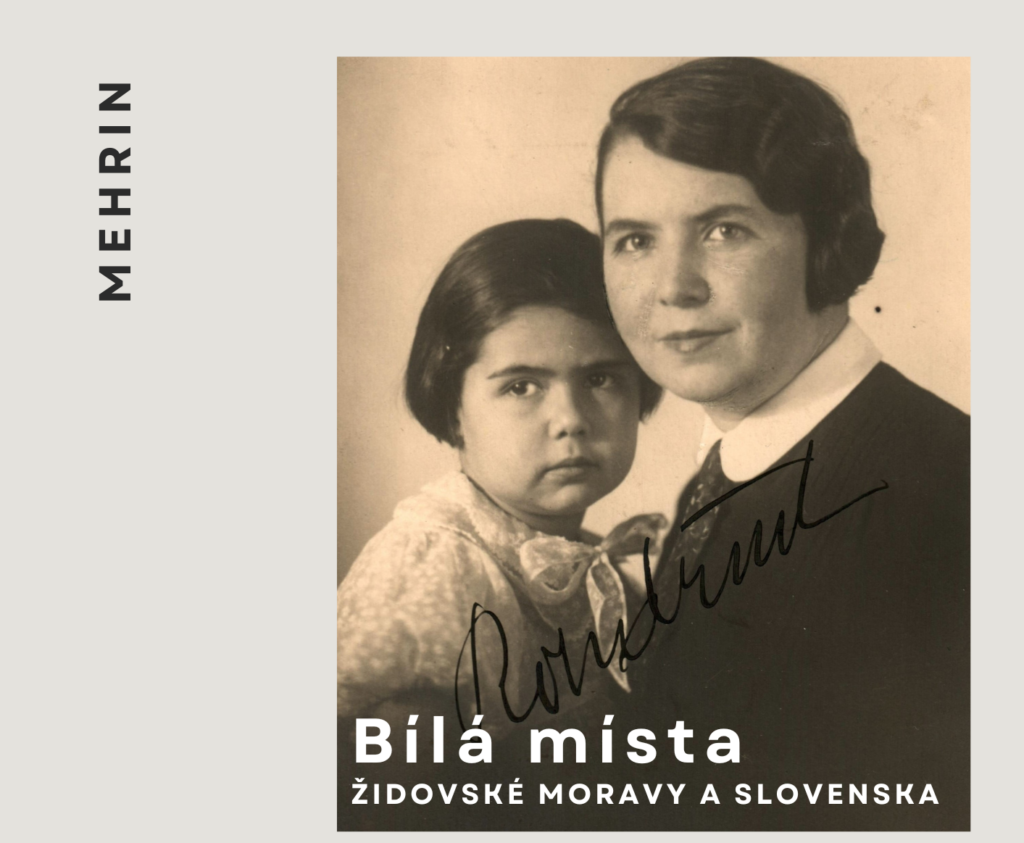
A full-day conference that is open not only to professionals but also to the general public. This year the papers will focus on Moravian-Slovak overlaps within the Jewish history of Moravia. Keynote speaker Maroš Borský will present the miraculous restoration of the Trenčín synagogue. This city is the European Capital of Culture for 2026. So do not hesitate to come!
Hieronymus Lorm (1821-1902) - the man who opened the world to the deafblind
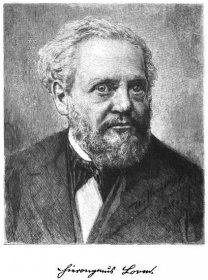
Hieronymus Lorm (1821-1902) - the man who opened the world to the deaf-blind Thursday 26 February at 6 pm. Hieronymus Lorm (1821-1902) - the man who opened the world to the deafblindThe lecture will focus on the life of Hieronymus Lorm, a native of the Jewish community of Mikulov. During his lifetime, he lost his hearing and gradually his sight. Despite this, he became a well-known writer, journalist and philosopher. He also went down in history as the author of the so-called Lorm's Alphabet. This system of communication based on hand gestures and touching is still used by the deafblind today. During the screening, we will also see the Lorma Touch Alphabet in practice, how it works and how it can be easily learned. This communication system has spread in various modifications all over the world and is still used today. Dana Vedra. She studied history and museology at the Faculty of Arts of Masaryk University. She works as a curator in the Historical Department of the Moravian Museum. Her research focuses on the history of Moravia in the 20th century, regional history of towns and villages, biographies of personalities. Since 2020, she has been intensively researching forced migrations with a focus on the Drahanská vrchovina region. She is a PhD student at the Institute of History, Faculty of Arts, Masaryk University. She is the author of many scientific studies, popular science articles and independent monographs. Admission is voluntary.
Vojtěch Kyncl: Neighbours at War
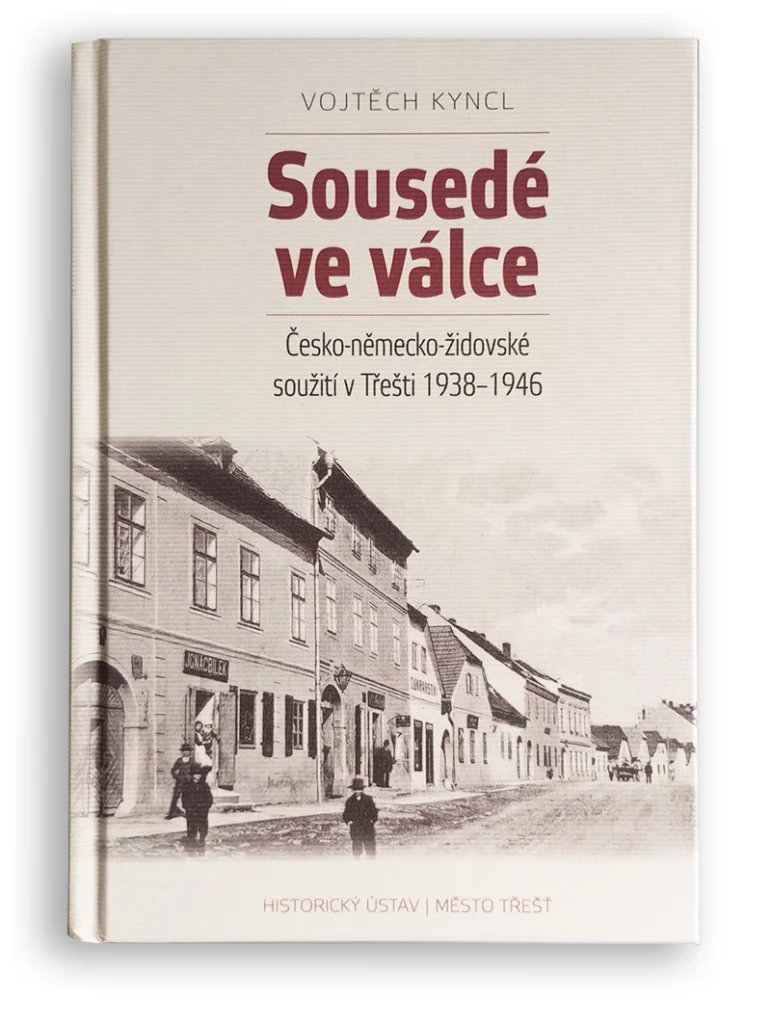
Vojtěch Kyncl: Neighbours at War Thursday 19 February at 6 p.m. Last year, the town of Třešt' together with historian Vojtěch Kyncl embarked on the project Neighbours at War. The result is an educational trail through the town, a museum and exhibition in the Prison Yard behind the town hall and, above all, a new book. It provides a detailed insight into what it was like to live in a small town where Czech, German and Jewish destinies intertwined for centuries, and where wartime events and ideologies managed to shatter this delicate balance within a few years. It shows how neighbourly relations were transformed under the pressure of the Nazi occupation, how the Jewish community was displaced and liquidated, how they collaborated with the occupying power, and how they resisted at home. It culminates in May 1945, when the town became the scene of a massacre of civilians and subsequent retaliation against the German population. During the evening, not only will the unique project in Třešt' be presented, but the debate will also touch upon the topic of the creation of memorials and their contemporary reception in Czech, and by extension Central European, society, and the search for new personal testimonies and archival sources. Come and discuss the joys and sorrows of the historian's journey of discovery directly with the author of the project, Vojtěch Kyncl, who has accepted our invitation. Admission is voluntary.
Guided tour of the permanent exhibition
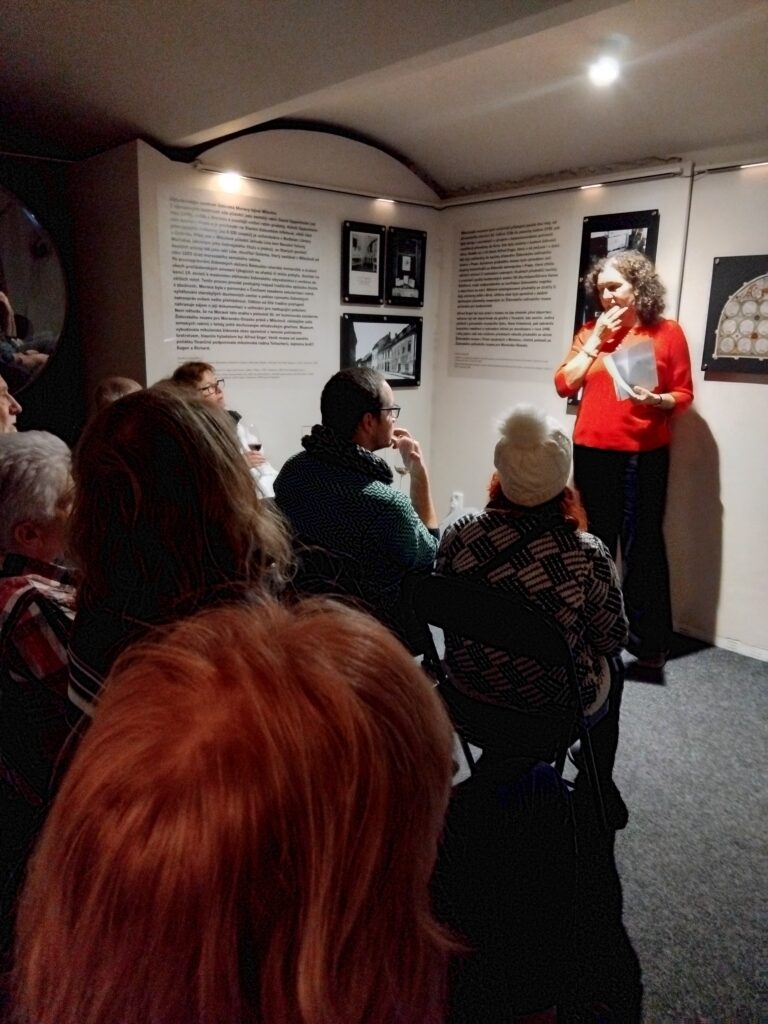
Guided tour of the permanent exhibition Wednesday 11 February at 5 pm. Guided tour of the permanent exhibition The February tour of the permanent exhibition will focus on contemporary forms of Judaism. For example, it will answer the questions: can a Hasid dine with a Reform Jew? And who is allowed to travel on Shabbat? Does an organ belong in a synagogue? About the different forms of Jewish faith in today's world with our lecturer Eva Kopečková. Admission is voluntary.
Guided tour of the permanent exhibition of Little Mehrin
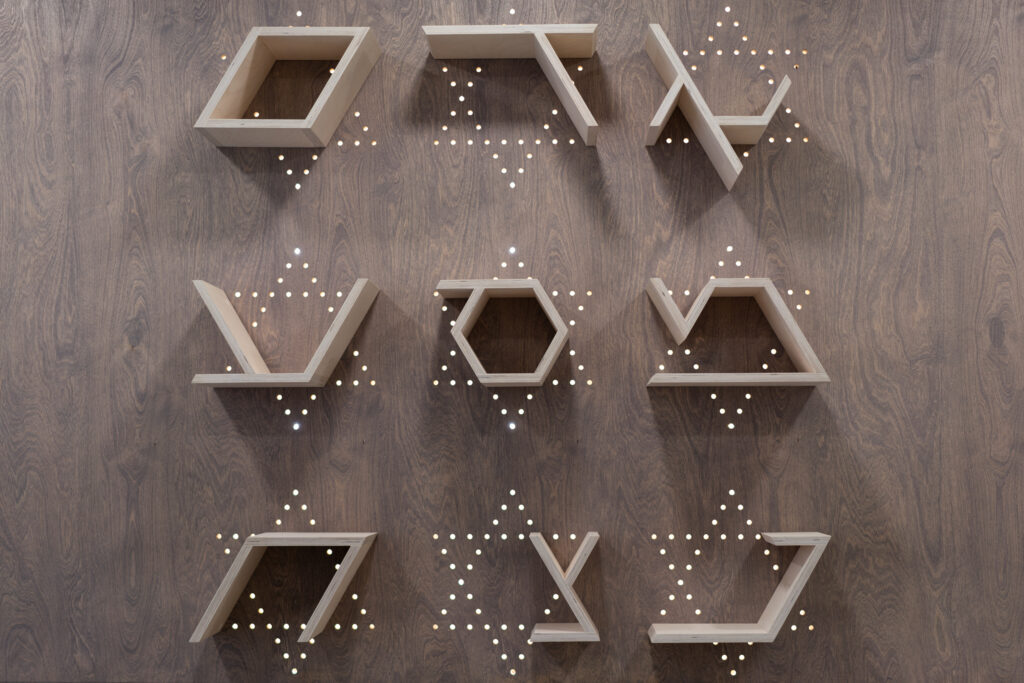
Guided tour of the permanent exhibition Malý Mehrin Tuesday, 27 January at 6 p.m. At the end of the month, we have prepared another guided tour of our permanent exhibition on the history of Jewish communities in Moravia with a new guide, which will take place on the occasion of International Holocaust Remembrance Day. Historian Táňa Klementová will guide you through the exhibition, presenting selected stories of Moravian Jewish families and commemorating their cultural legacy and tragic fate during the Holocaust. Come with us to honour the memory of the victims and learn about the unique history of Jewish communities in Moravia. Admission is voluntary.
Georg Placzek – The Odyssey of a Nuclear Physicist from Brno
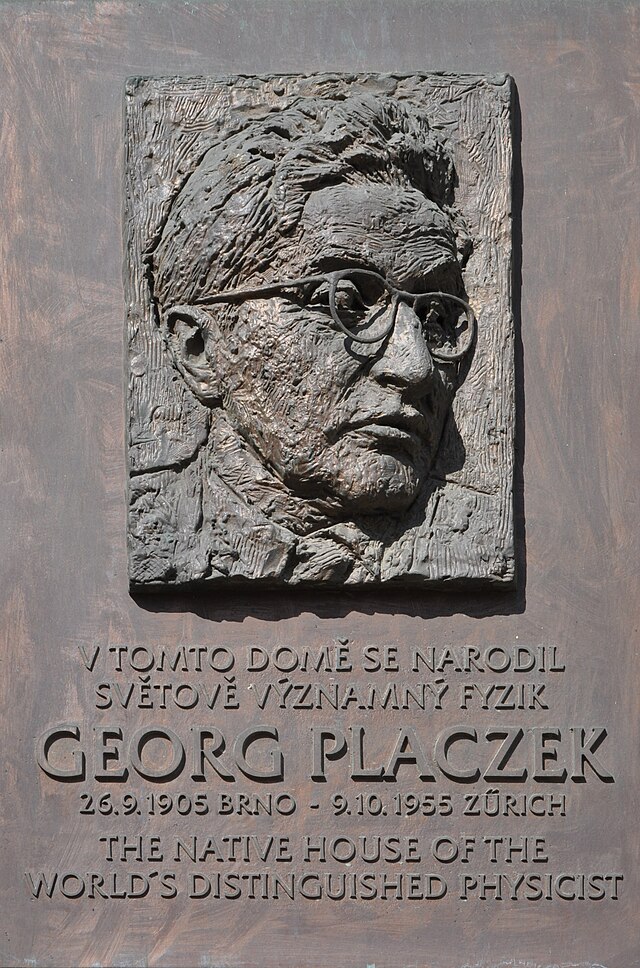
Georg Placzek – The Odyssey of a Brno Nuclear Physicist Tuesday, 20 January at 6 p.m. A native of Brno and world-renowned physicist Georg Placzek (1905–1955) was not only a witness to, but also an active participant in many events and discoveries that symbolise the dawn of the atomic age, with many consequences for our post-war history and the present day. In a lecture by Aleš Gottvald, CSc., a long-time employee of the Academy of Sciences, we will take a closer look at the novelistic life journey of Georg Placzek as a leading internationally established theoretical physicist, as a member of a remarkable Jewish-Moravian industrial family with a tragic wartime fate, and as a colourful personality highly respected among his renowned colleagues. Admission is voluntary. source: Ben Skála, Wikimedia Commons, CC BY-SA 4.0
Contemporary anti-Semitism: Anti-Zionism
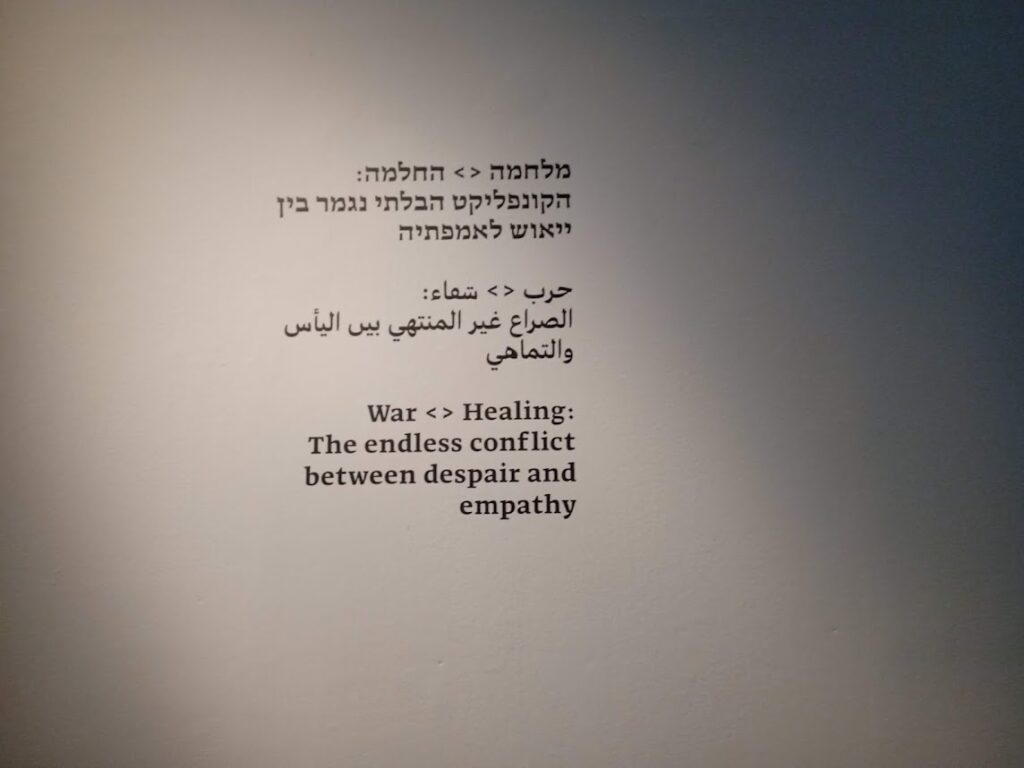
Contemporary anti-Semitism: Anti-Zionism Tuesday, 13 January at 6 p.m. Following the attack on Israel on 7 October 2023, we are witnessing a powerful new wave of anti-Semitism. This time, it takes the form of attacks on the State of Israel, Zionism, Israelis and Jews around the world. „Traditional“ right-wing anti-Semitism has been joined by left-wing anti-Zionism, which often rejects the label „anti-Semitism.“ What does contemporary anti-Semitism look like? What language, visuals, narratives, and methods does it use? Lecture by Terezie Dubinová, PhD, cultural scientist and Hebrew scholar, author of books including Women in the Bible, Women Today, Roots of Female Spirituality, How to Teach About the Holocaust (e-book), How to Fix the World: Conversations with Inspiring Israelis. Admission is voluntary. Franz Kafka as a Traveller and Sportsman Tuesday, 3 December at 6 p.m. Franz Kafka's original stories inspire readers around the world. This year marks the 100th anniversary of the death of the famous writer, who is usually presented as someone who was sick and sad. Apparently, he enjoyed nothing but writing. In reality, Kafka's life was much more interesting. Journalist Judita Matyášová and photographer Jan Jindra visited 70 places across Europe where Kafka spent his holidays or went on business trips. They discovered that he was interested in modern technology, was a fan of healthy living, and enjoyed sports. Journalist Judita Matyášová will recount her detective-like search for authentic Kafka locations. The lecture will include excerpts from the new book S Kafkou na cestách (Travelling with Kafka), published this year by Matyášová and Jindra with Labyrint, in which they describe their more than twenty-year search for traces of the famous writer. More about the project: www.cestyfranzekafky.czVstupné voluntary.
How is the Festival of Lights celebrated?

Thursday, December 11 at 6 p.m. Anyone who knows a little bit about Jewish holidays will surely know right away which holiday the talk with practitioner Judita Kopotova will be devoted to. It's Hanukkah, the eight-day Feast of Lights, which commemorates the rededication of the Second Temple in Jerusalem... Wondering why it lasts eight days and what is prepared in Jewish households for meals on these festive days? Is this holiday still celebrated the same way today? Judith is pleased that visitors' questions also inspire her to provide information that might not otherwise be available. Come for light Hanukkah refreshments and conversation about an irreplaceable holiday in the Jewish calendar. Admission is voluntary.
White Crow
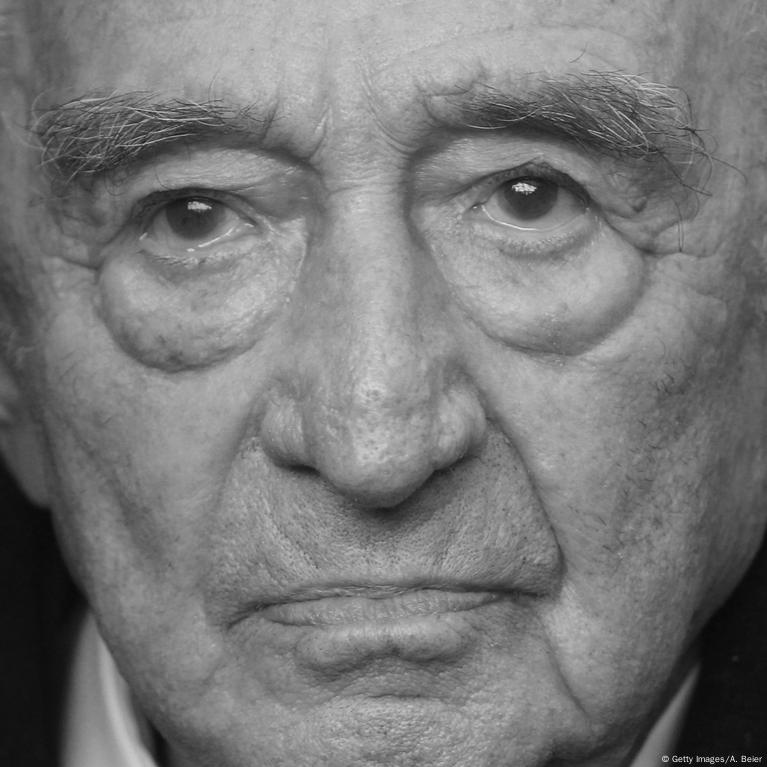
The White Crow Tuesday, December 2 at 6 pm The title of this discussion is the same as the documentary film by German director Carolin Ott, who made it about the turbulent life of Max Mannheimer, a native of Nový Jičín. He went through several concentration camps and emigrated to Germany after the war. Despite his experiences, he enjoyed life, never complained about anything and dedicated his life to ensuring that the horrors of the Shoah would never be forgotten. The life of Max Mannheimer and his descendants has also been the subject of research on the transmission of Holocaust trauma by ethnologist Eva Kalousová. The discussion with her will be led by Eva Kopečková, with whom Max had direct family ties. Admission is voluntary.
Guided tour of the permanent cellar exhibition in the Little Mehrin on Vienna Street
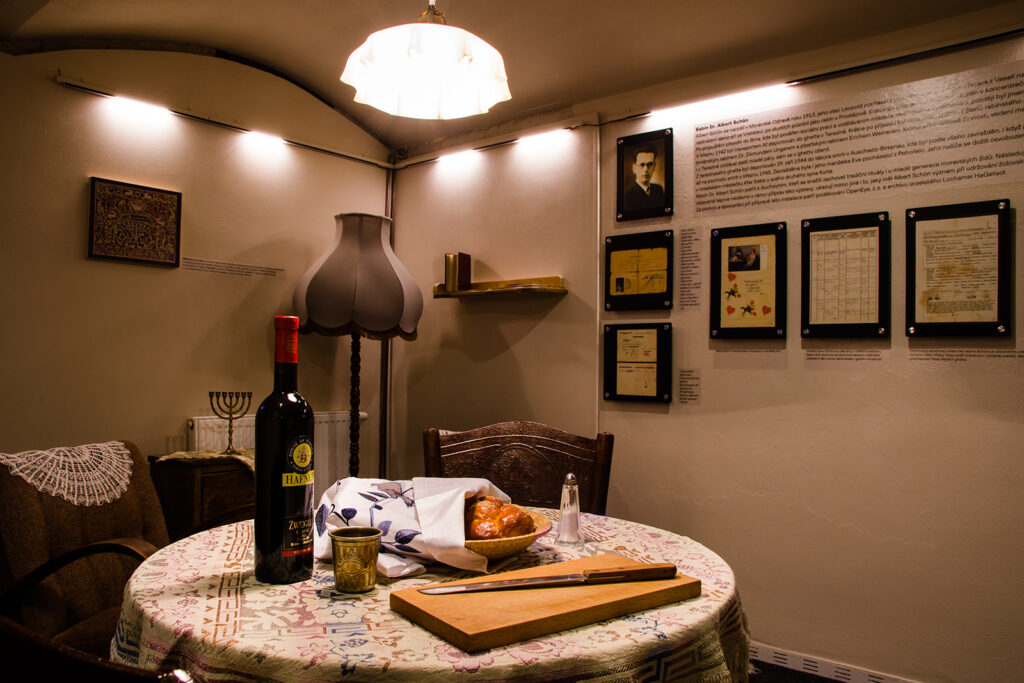
Guided tour of the permanent cellar exhibition in Malý Mehrin on Vídeňská Street Wednesday 19 November at 5 pm Guided tour of the permanent cellar exhibition in Malý Mehrin on Vídeňská Street, this time with our lecturer of educational programmes for schools Eva Kopečková. The tour will be accompanied by details about Jewish customs and Jewish identity, and a frequently asked question will be explained: Jew or non-Jew?Admission is voluntary.
